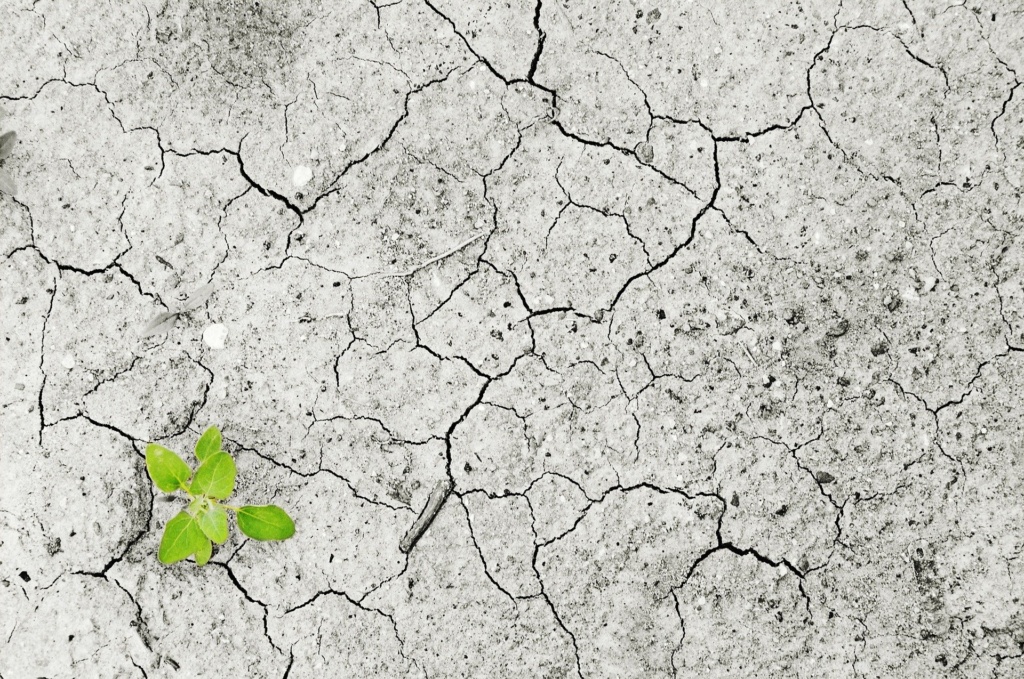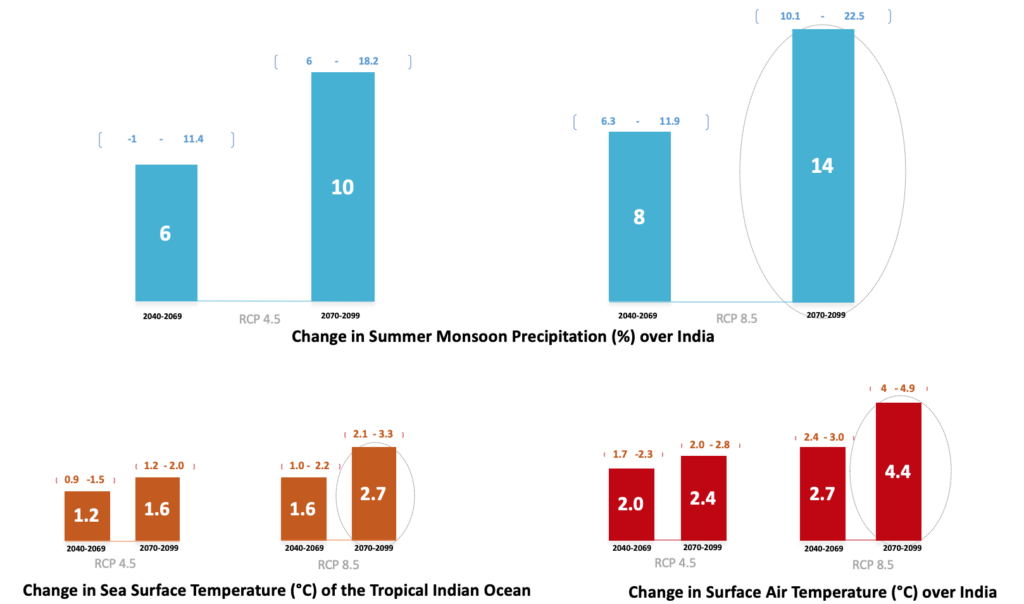Yet another World Environment Day has passed by. Amidst the Covid-19 pandemic, many across the world took time to ponder, discuss and raise voice for the environment. The WED 2020 has been unique with a pestilential Covid-19 around and lockdowns in several parts of the world. Unlike cityscapes with pollution, degraded rivers and traffic woes, we witnessed a WED where nature was healing and recuperating in many parts of the world.
The environmental improvement that we see now may be short-lived, and economies might bounce back with even more pollution than before. However, we cannot overlook some of the lessons upheld by the WED 2020 during the current times. It shows us how a pandemic was required to evoke collective voices and strong actions at a global level. Covid-19 brought to light several issues with our health care systems, economic models, employment systems and so on. We cannot, however, wait for an environmental catastrophe to initiate action. We may have already damaged the planet irrecoverably by then.

The theme of WED 2020 was ‘Time for Nature’. It calls for recognising the services we take from nature, be it the air we breathe, the water we drink, the ecosystems that support us, or the greenery around us. WED 2020 is forcing us to think about nature, to take a few minutes from our fast-paced lives to pause and see what is around us. We cannot prolong our decisions. Now is the time, time to discuss, time to raise dissent, time to wake up from our slumbers and time to care for the planet. Closely following the WED, we have the first Assessment of Climate Change Assessment over Indian Region released. There is no better time than now to recognize and act on the climate emergency glaring at us.
The report predicts an increase in instances of extreme weather events as well as the crisis in terms of water, food security and threats to biodiversity. The frequency of heatwaves is expected to be three to four times higher and their duration is likely to double. There will be more regions facing flood and cyclone risks including Western and eastern coasts. Rapid climatic changes could impact India’s ecosystems, agricultural output, water resources and damage infrastructure. Figure herewith shows the possible scenarios and changes in terms of temperature and rainfall in this century. Best estimate and range in climate model projections of future changes are depicted in the figure. By 2100, the average temperature in India is projected to rise by 4.4°C as compared to that between 1976 and 2005. Also, there might be changes in rainfall by up to 14% which can be detrimental for a rain-dependent country like India.
Projected Changes over the Indian Region

Adapted from the ‘Assessment of Climate Change Assessment over Indian Region, MoES, Springer’
While climate change is a global phenomenon, changes in climate are not expected to be uniform across the planet. From IPCC to the recent Ministry of Earth Sciences report, it is reiterated that tropical countries like India are at a higher risk and we, therefore, need robust frameworks to mitigate and adapt. Akin to climate change, other environmental impacts are also severe and higher in number in developing countries. Thus, equity and social justice are critical to building environmental resilience since the most vulnerable population will bear the brunt of impacts of pollution, climate change, land degradation, deforestation etc. We cannot take the mission forward with selective outbursts, we need collective voices and actions. We see ample signs which herald that our planet needs care and respect. We can no longer revert to growth models which overlook pollution and degradation. This is the time for a change, time for embracing sustainable growth, time for safeguarding our planet habitable for generations to come.
Note: Representative Concentration Pathway (RCP) – It is the greenhouse gas concentration (not emissions) trajectory adopted by the IPCC. Two RCP scenarios are considered in this analysis.
Picture sources: Pixabay
Ref: Assessment of Climate Change over the Indian Region (June 2020)- A Report of the Ministry of Earth Sciences (MoES), Government of India
Jessica is an Urban Economist based in Mumbai. She is active in several sustainability-related initiatives in the city. A believer in equitable smart cities and circular economy, Jessica strives for bridging the gap between public and private sector in sustainability leadership. She enjoys travelling, reading, running and gardening.

